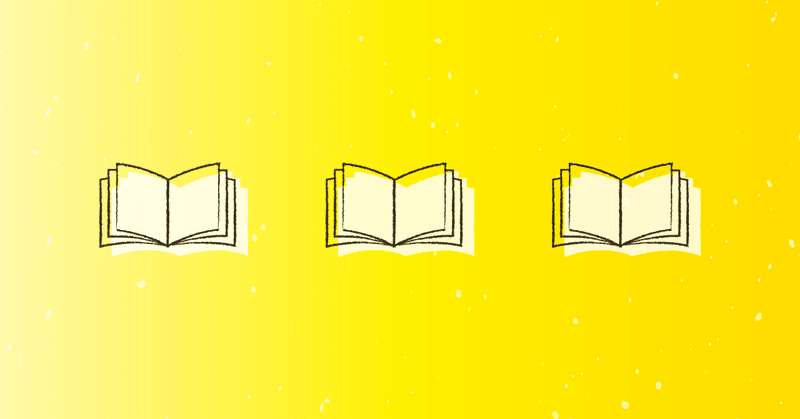
国際バカロレアのTOK(知の理論)を 教科指導に組み込む質問集
An Gulinckさんの`Welcome to TOK 2022’というサイトに、
`Introducing the new TOK specification to IBDP subject teachers: question bank.(IBDP科目担当教師への新しいTOK仕様の紹介:質問集)’
という項目がありました。
①意図 :TOKを取り入れた学びのヒントに
はじめに次のように書かれています。TOKの担当者がDPの他の科目の教師にTOKのエッセンスを伝えるのに役立つ問いをまとめたものだということです。DPやTOKをしていない学校でも、各教科の担当者がTOKの概要を理解し、TOKを取り入れた教科横断的な学びを提供するヒントになるのではないかと感じました。
IBDP 教師が最小限の時間と労力で TOK を取り入れる方法を理解するためには、TOK をあまり複雑にしないでください。教科担当者は多忙であり、TOKのコンセプトについて考えるために、TOKについてすべてを知る必要はないことを心にとめておくこと。以下の質問集は、不必要な詳細を提供することなく、教師をTOK(2022年)に引き込むことを目的としています。
最終アクセス:2022/12/12
➁Introducing the new TOK specification to IBDP subject teachers: question bank.(IBDP科目担当教師への新しいTOK仕様の紹介:質問集)
★If you had to place 3 objects -which represent how knowledge is acquired in your subject- in a museum, what would those objects be and why?
もし、博物館にあなたの担当教科で知識がどのように獲得されるかを象徴するものを3つ置くとしたら、何ですか、そしてそれはなぜですか?
★Over the years, how has technology changed the way you "know" things in your subject?
ここ数年において、あなたの担当教科で物事を「知る」方法は、テクノロジーによってどのように 変化しましたか?
★If there was one book, study, or idea students should know about in your subject area, which one would this be and why?
Follow-up discussion (link to elements): “Is there any knowledge that a person or a society has a responsibility to acquire, or not to acquire?"
あなたの担当教科で、生徒が知るべき 1 冊の本、1つの研究、または考えがあるとしたら、 それは何ですか、またそれはなぜですか?
補足な議論(関連する要素):人や社会が獲得すべき、あるいは獲得しない責任のある知識はありますか?
★What is the biggest unanswered question in your subject area?
あなたの担当教科で最も大きな未解決の問題は何ですか?
★Which news report, article or documentary related to your subject specialism do you find particularly infuriating and why?
Follow-up discussion: "What counts as good evidence in your area of knowledge"?
あなたの専門分野に関連するニュースレポート、記事、ドキュメンタリーで、特に腹立たしいと思うものはどれですか、そしてそれはなぜですか?
補足: あなたの専門分野では、何が良い証拠になりますか?
★If you had an ethical "carte blanche" in your subject discipline, what kind of things might you know (more about)? And why could it be considered unethical to pursue such knowledge?
あなたの専門分野で倫理的な「白紙委任」があったとしたら、どのようなことを(より多く)知ることができるでしょうか? そして、なぜそのような知識を追求することは非倫理的であると考えられるのでしょうか?
★If you could go back in time to "erase" one thing people once believed to be true in your subject area, what knowledge would you discard and why?
もしあなたが過去に戻り、あなたの専門分野においてかつて人々が真実だと信じていたことを一つ「消し去る」ことができるとしたら、あなたならどの知識を捨てますか? それはなぜですか?
★Which practices of your subject area will future generations most likely condemn, for ethical reasons or others?
Follow-up discussion: What might your curriculum and/or textbook look like in, let's say, 50 years from now?
あなたの専門分野におけるどのような慣行が、倫理的な理由やその他の理由で、将来の世代から最も非難される可能性が高いですか?
補足的な議論:例えば、今から50年後、そのカリキュラムや 教科書はどのようなものになっているでしょうか?
★“With great power, comes great responsibility.”
In your subject area, is there knowledge which entails responsibility (in some form or other)?
"大きな力には、大きな責任が伴う"
あなたの教科では、(何らかの形で)責任をともなうような知識がありますか?
★Which "object" do you find contentious in terms of the knowledge it embodies, and why?
Follow-up discussion: What ethical responsibilities do we have regarding knowledge that has been created or published by other people? (link to elements).
どの「対象(※注)」が、それが体現している知識という点で、争点になると思いますか?、そして、それはなぜですか?
補足的な議論:他人が作成または発表した知識について、私たちはどのような倫理的責任を負っていますか? (関連する要素)
(※注 この部分が特に、訳語に著しく自信が持てません。質問の内容も特に理解が難しく感じます。どう理解し、どう訳すのが適切でしょうか?)
この記事が気に入ったらサポートをしてみませんか?
